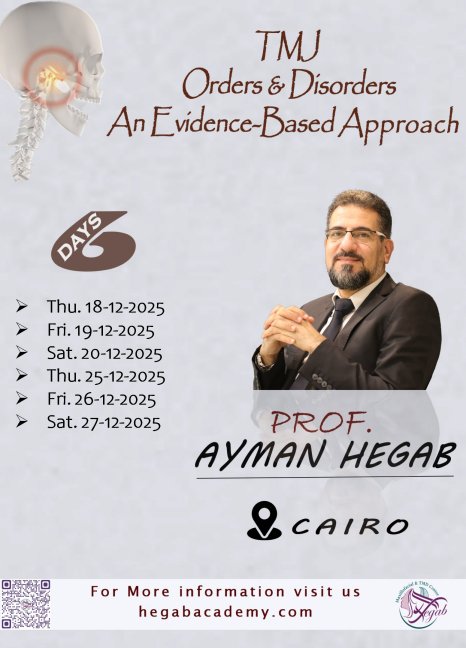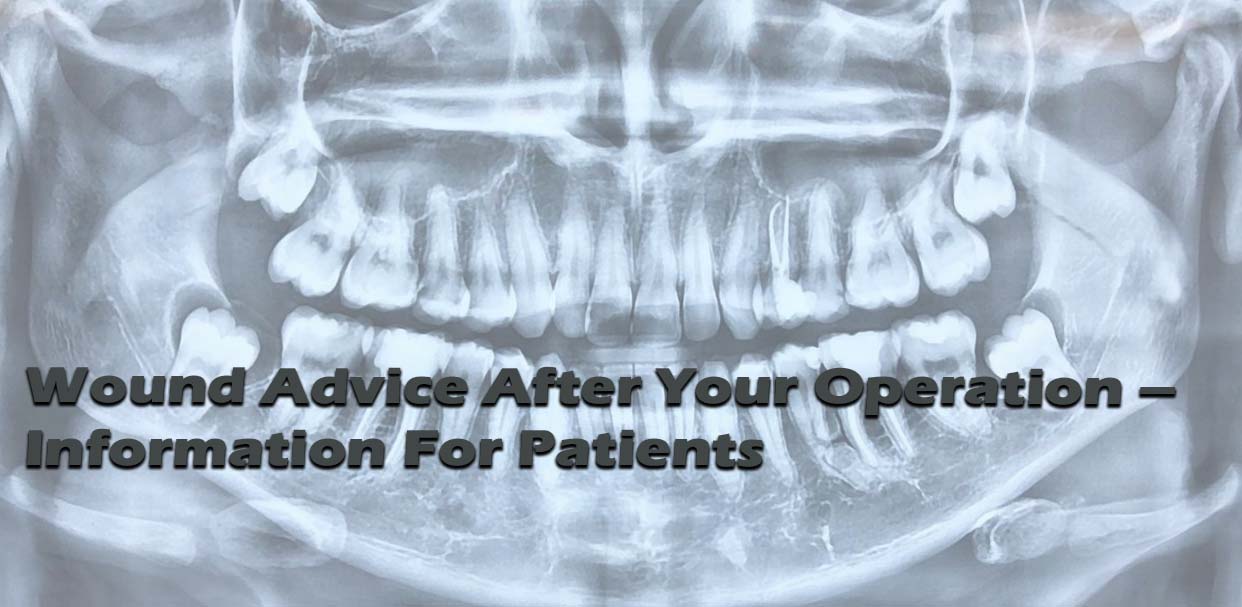Wound Advice after your operation
The local anaesthetic will wear off after a few hours. Any discomfort after the operation is usually mild and lasts only 12 to 24 hours. If a painkiller is needed, please take paracetamol.
Keep the wound dry for the first 48 hours. After that, you can bath or shower normally. However, if you get the wound wet, we recommend you dry it thoroughly before re-applying a dry dressing. You should avoid swimming until after the stitches have been removed.
Any convenient dressing (e.g. a plaster or gauze & tape) will help to protect the wound and keep it clean. The dressing need only be changed if it is dirty, wet or lifting off.
Any bleeding or oozing after the operation can be stopped by placing a pad of gauze or tissues over the wound and applying firm pressure for 20 minutes or longer.
Swelling can be a problem, especially around the eyes. It tends to be worst in the first 2 – 3 days but should improve over the following week. If it gets worse or if you develop a fever, please call us (see contact details below). The risk of infection is low but studies show that no matter how clean the surgery is, some wounds will get infected. If this happens to you, we (or your GP) will prescribe you antibiotics. The scar will not heal as well if your wound becomes infected.
Numbness in the area can occur. It will improve with time but this can last up to two years or longer. Rarely, a blood clot will form under the skin; if this occurs you will have a hard lump in the area for six months or longer until your body absorbs it. A blood clot is not dangerous, but it can be a real nuisance until it goes away.
When skin heals, it does so by forming a scar. Every effort will be made to minimise the scar. Often a scar may be barely visible especially if the skin is wrinkled. However, on the chest, shoulders, back, arms and legs, scars usually spread, often becoming thickened and may be noticeable.
You should avoid physical activities that might put a strain on the stitches and the wound over the first 2 – 3 weeks as this can affect the final cosmetic result.
If you have stitches, they will need to be removed, either at the hospital or at your local doctor’s surgery approximately 5 – 7 days after they were placed. Please let the doctor know if you are due to travel abroad in the next two weeks.
If you have been treated with curettage and cautery, your wound will not have stitches and it will heal gradually like deep) graze. Simply apply Vaseline to the wound daily to prevent the surface from drying out – which will promote quicker healing and a better cosmetic result. Any convenient dressing (e.g. a plaster or gauze & tape) will help to protect the wound and keep it clean. The dressing need only be changed if it is dirty, wet or lifting off.
When to Contact Us:
If you have severe pain, or prolonged bleeding that has not stopped with firm pressure for 20 minutes, during normal working hours, contact the Clinician / Department of Maxillo-Facial Surgery or visit your own GP if this is more convenient.



